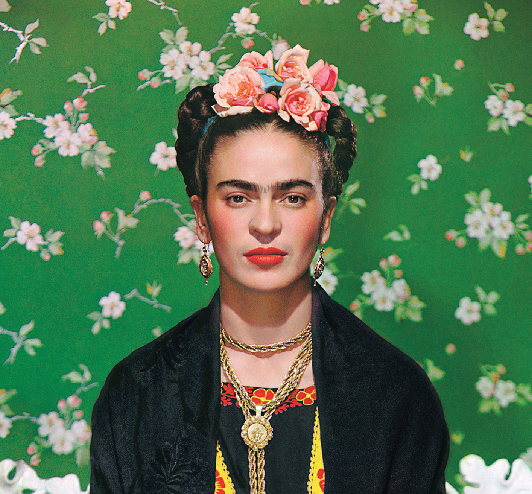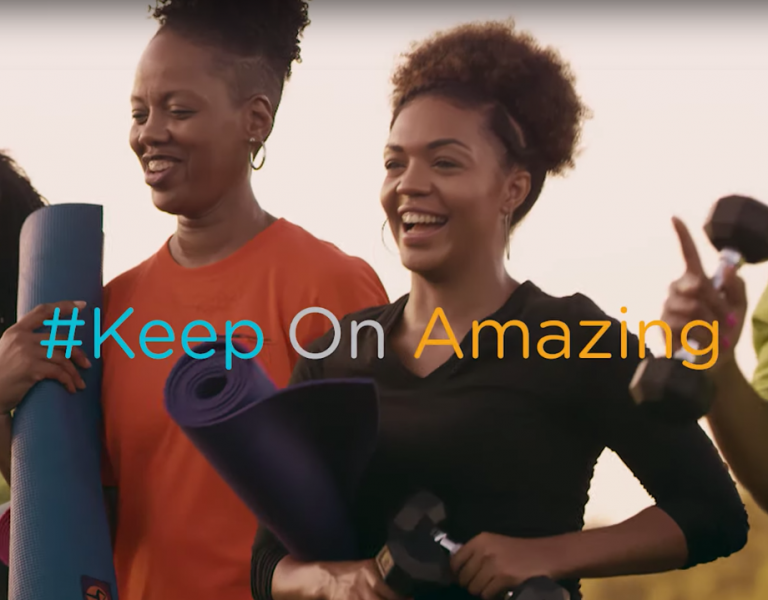Angry Birds. Candy Crush. Farmville. Clash of Clans. We’ve all played one of these games at some point in our life. It was the worst/best thing to ever happen to us. While all of these games continue to increase their sales and brand power through newer versions and harder levels, one company is doing something completely different – completely genius. They remove their product from the public.
Flappy Bird, a popular smartphone game, has been deleted from mobile app stores and is no longer available to download. The game was withdrawn from Apple’s app store and Google Play on Sunday by its creator Dong Nguyen. Since its release last May, the app has been downloaded 50 million times and has also accrued nearly 50,000 reviews in the App Store. Flappy Bird also pulls in an average of $50,000 per day from in-app advertising revenue.
Nguyen only offered one public twitter message in reference to his cancelation of Flappy Bird:
So what happened? What caused the random cancelation of one of the most popular mobile games to date? Many think that Nguyen simply burned-out and couldn’t take the immediate fame that came with the app. However, others think something bigger might be coming and I agree.
After Nguyen released the news via Twitter that he would cancel the app in 22-hours, sales skyrocketed nearly 50% in a matter of two days. It’s impossible to download the game new, so some have taken to eBay to sell iPhones with the game pre-installed. An eBay search for “Flappy Bird” now yields almost 4,000 results, almost exclusively for phones with the game on it. The most expensive one is going for $90,000.
Considering the fact that the game used to sell for “free,” this represents a considerable markup. Of course, people aren’t really paying for a tiny little game about flying through pipes so much as they’re paying for a story. Many of the descriptions describe it as a “collector’s app,” which may be an entirely new merchandise category.
As a marketer, I see the value in what Nguyen accomplished even if he doesn’t know it yet. By pulling this stunt, Nguyen has just made himself the brand opposed to his product acting as the brand. Instead of the public seeking out a mobile app such as Flappy Bird, they’ll now focus on any mobile app Nguyen pushes out in the next coming months. The public will flock to his apps because we want to feel like we’re a part of click, we want to brag to our friends – we want to play his next masterpiece. Like any great artist, Nguyen leaves us wanting more.
Stop letting the product be the focal point of your brand. Leave the consumer wanting more. Become addicting.








